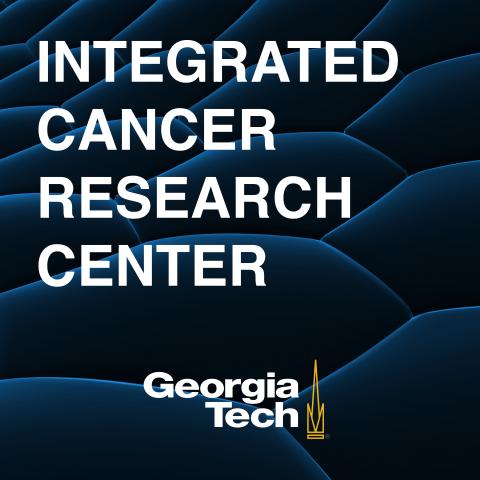event
Integrated Cancer Research Center Seminar
Primary tabs
"The Snail Transcription Factor may Mediate Tumor-microenvironment Interactions"
Valerie Odero-Marah, Ph.D.
Associate Professor
Department of Biological Sciences
Center for Cancer Research and Therapeutic Development (CCRTD)
Assistant Director of Research Core, CCRTD
Clark Atlanta University
Prostate cancers that are hormone refractory and preferentially metastatic to the bone are the main cause of prostate cancer death, especially in African American men. Epithelial mesenchymal transition (EMT) is one of the processes by which cancer cells migrate and metastasize. EMT typically involves the down regulation of epithelial-associated genes such as E-cadherin, and the up regulation of mesenchymal genes involved in migration, such as vimentin. Although metastasis via the circulatory system is well studied, an alternate less well-known mechanism of metastasis, perineural invasion (PNI), is the metastasis of cancer cells via the nervous system. Targeting of angiogenesis, which aims to disrupt metastasis via the circulatory system, has not been generally successful in the treatment of prostate cancer. Thus, a better overall understanding of prostate cancer metastasis is required, including the possible significance of alternate mechanisms such as PNI. This may lead to alternative treatment options for metastatic prostate cancer. Additionally, the potential relevance of tumor-microenvironment interactions are not well understood. Our laboratory is focused on how tumor-microenvironment interactions may affect metastasis and particularly on whether prostate cancer cells interact with nerve cells at primary and bone metastatic sites to mediate PIN.
The Snail transcription factor is important in cancer cell migration and progression by inducing EMT, and promoting metastasis. We have generated EMT models for prostate cancer by modulation of Snail expression and are using these to examine whether Snail-mediated neuroendocrine differentiation may promote PNI and to study tumor-bone microenvironmental interactions. We are also interested in the mechanism(s) of action and whether we can antagonize this with natural products that contain antioxidants.
The mission of the Integrated Cancer Research Center (ICRC) is to facilitate integration of the diversity of technological, computational, scientific and medical expertise at Georgia Tech and partner institutions in a coordinated effort to develop improved cancer diagnostics and therapeutics.
Groups
Status
- Workflow Status:Published
- Created By:Colly Mitchell
- Created:08/17/2016
- Modified By:Fletcher Moore
- Modified:04/13/2017
Categories
Keywords
Target Audience

